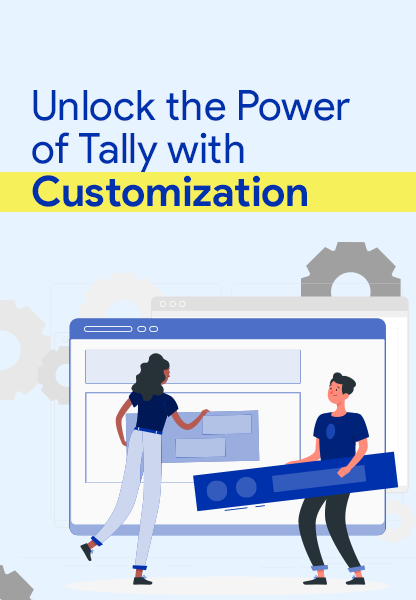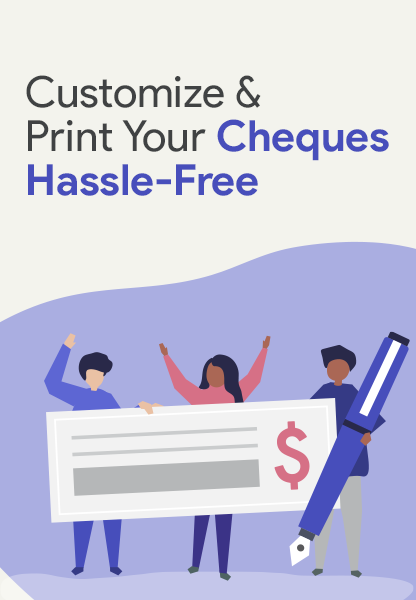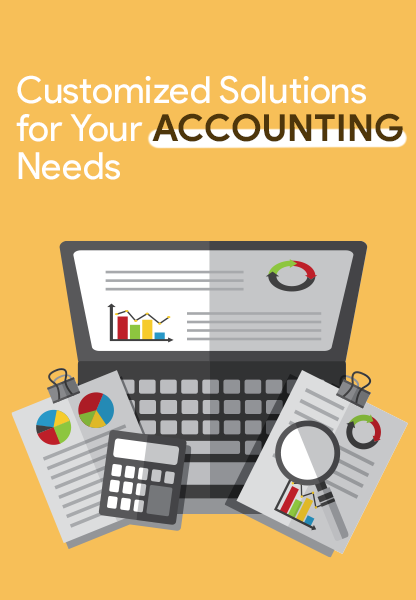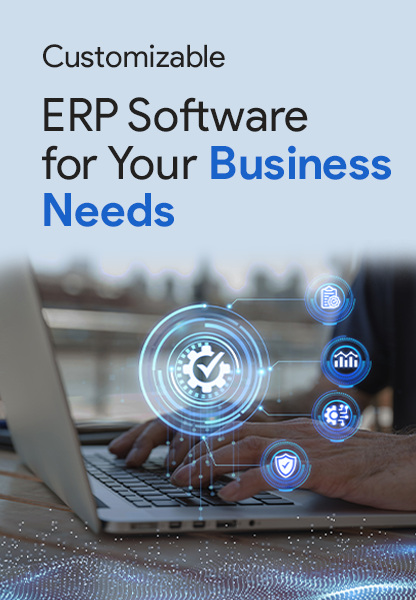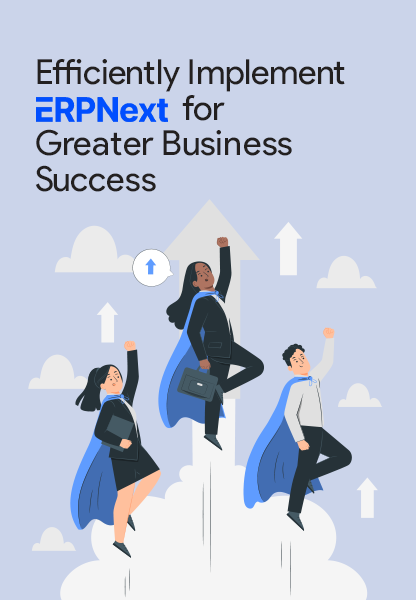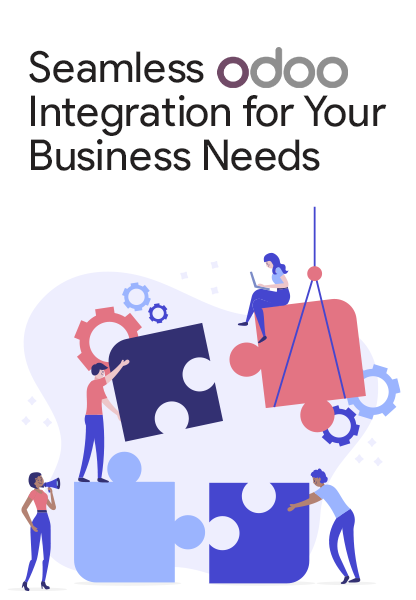
ERP vs CRM: Which One is Right for Your Business?
In today’s technology-driven business landscape, organizations have access to a wide range of software solutions that can streamline operations and improve customer relationships. Two popular options are Enterprise Resource Planning (ERP) and Customer Relationship Management (CRM) systems. While ERP and CRM share similarities, they serve different purposes and cater to distinct business needs. In this blog, we will explore the differences between ERP and CRM and help you determine which one is right for your business.
Understanding ERP
:
ERP systems integrate and manage core business processes, such as finance, human resources, inventory, procurement, and manufacturing, into a centralized platform. ERP solutions provide a holistic view of an organization’s operations, enabling efficient resource planning, process optimization, and data-driven decision-making. They are suitable for businesses that prioritize internal processes, operational efficiency, and comprehensive management of business functions.
Key Benefits of ERP:
- Streamlined Operations
: ERP systems eliminate silos and enable seamless information flow across departments, improving collaboration and enhancing overall operational efficiency.
- Comprehensive Data Management
: With a centralized database, ERP systems UAE provide real-time data visibility, allowing businesses to make informed decisions and gain insights into key performance indicators.
- Process Optimization
: ERP automates and standardizes workflows, reducing manual effort and eliminating redundant tasks, thereby enhancing productivity and minimizing errors.
- Financial Management
: ERP modules include accounting, budgeting, and financial reporting functionalities, enabling accurate financial management and regulatory compliance.
- Supply Chain Efficiency
: ERP systems facilitate inventory management, demand forecasting, and supply chain optimization, leading to improved inventory control and customer satisfaction.
Understanding CRM:
CRM systems focus on managing customer interactions and relationships. They provide tools to track leads, manage sales pipelines, nurture customer relationships, and support marketing efforts. CRM solutions help businesses enhance customer satisfaction, drive sales growth, and improve customer retention. CRM systems are ideal for businesses that prioritize customer-centric strategies, sales and marketing effectiveness, and building long-term customer relationships.
Key Benefits of CRM:
- Customer Relationship Management
: CRM systems centralize customer data, enabling businesses to track interactions, manage leads, and deliver personalized experiences, resulting in improved customer satisfaction and loyalty.
- Sales Pipeline Management
: CRM tools streamline the sales process, allowing businesses to track leads, manage opportunities, and monitor sales performance, thereby increasing sales efficiency and revenue generation.
- Marketing Automation
: CRM systems support marketing efforts by automating campaigns, managing customer segmentation, and tracking marketing ROI, helping businesses target the right audience and drive successful marketing campaigns.
- Customer Service Enhancement
: CRM systems provide customer service functionalities, such as ticket management and support case tracking, enabling businesses to deliver prompt and effective customer support.
- Analytics and Reporting
: CRM solutions offer reporting and analytics capabilities, providing insights into customer behavior, sales trends, and marketing performance, which inform strategic decision-making.
Choosing the Right Solution for Your Business:
To determine whether ERP or CRM is the right fit for your business, consider the following factors:
- Business Focus
: Assess whether your primary focus is internal processes and operational efficiency (ERP) or customer relationship management and sales growth (CRM).
- Functional Requirements
: Identify the key functionalities your business needs, such as financial management, inventory control, or lead management, to determine which system aligns better with your requirements.
- Integration Needs
: Evaluate whether you require a standalone system (CRM) or an integrated solution (ERP) that covers multiple functions and ensures seamless data flow across departments.
- Business Size and Industry
: Consider the size of your business and industry-specific requirements. Larger organizations with complex operations may benefit more fromERP UAE, while CRM UAE is often suitable for sales-focused businesses of any size.
- Long-Term Strategy
: Align your choice with your long-term business goals and growth plans.
Select Product for Free Demo



